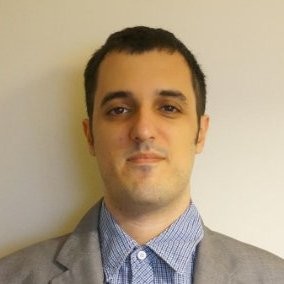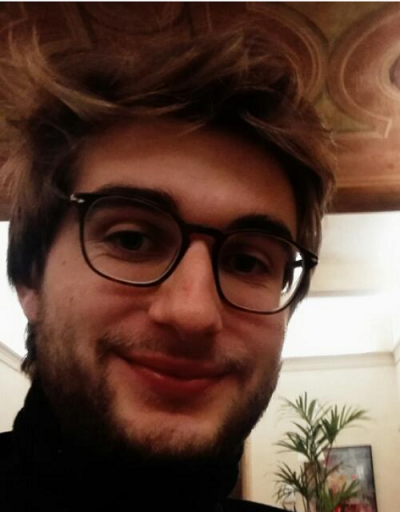Behave Summer School 2023
Your place to learn ABM
Jointly organised by the Behave Lab, University of Milan, and University of Brescia, this school aims to train students on agent-based modelling by theoretical and practical lectures, daily hands-on sessions on NetLogo, project presentations, and personal counselling by experts.
The school is hybrid with up to 40 participants in Brescia and unlimited others remotely connected. The training will take from 10-13AM to 2-5PM (CET Time).
The first week is addressed to beginners or experts needing a refresh and will introduce the principles and methods of agent-based modelling, the features of NetLogo and practicting with modelling exercises.
The second week will provide advanced training on model calibration and validation, with intense training on statistical techniques for parameter estimation and analysis.
Students not sufficiently familiar with R will be offered an intermediate Sunday tutorial on R. In both weeks, examples of classic and contemporary agent-based models will be coded from scratch in the class, step-by-step, with the faculty helping each student.
Assistance and customized counselling on personal research projects and models during the whole week with experts will be provided so that students will have the opportunity to create and improve their own models.
Project presentation. There will be slots for personal project presentations.
Coding Skills. No previous coding skills required during the first week.
The 2023 faculty includes
The list of Invited lecturers, Instructors and Assistants includes:

University of Glasgow, United Kingdom (Invited lecturer)

University of Milan, Italy

University of Oxford, United Kingdom

University of Milan, Italy (assistant)

University of Trento, Italy

University of Oxford, United Kingdom

University of Oxford, United Kingdom

University of Milan, Italy, School Director